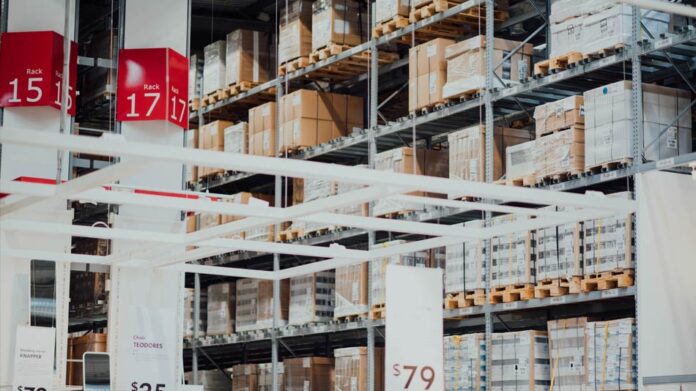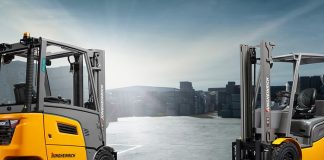Table of Contents
The times we currently live in are marked by new technologies. With ChatGPT being in the limelight, other language models trying to follow its steps and a widespread adoption of automation and IoT, the world is completely different from what it looked like a decade ago. As warehouse owners, we try to keep up with all the innovations, but sometimes we just need to make a choice: X or Y. Thus, in this article we will focus on automation in a warehouse – can we give up on it for other technological solutions, or is it a must? Read on to find that out!
How does automation in a warehouse work?
Automation is a wide term – every person might have quite a different concept in mind when hearing this word, but none of them might be mistaken. To fully comprehend this term, we need to look at the two different types of automation in a warehouse that are possible.
Automating the decision-making logic
Secondly, there is the automation of decision-making. It is the key to proper warehouse management. Using a system that is capable of automatically collecting and analyzing data can really make a difference. We often don’t have an insight into everything that is going on in the warehouse, yet when we introduce such kind of automation, we at least have the intel on any measurable phenomena.
To add to that, automated systems are capable of analyzing excessive amounts of data, which are just incomprehensible for a human being. If your warehouse is expanding, you will reach a point where even a whole team of experts won’t be able to make data-driven decisions. And, planning based on estimations will not let your facility reach its full potential.
Mechanized automation
The first type of automation that is visible in warehouses is the mechanical one. It is connected purely to physical aspects, namely goods handling. It is used to reduce the number of physical workers in a facility and has a plethora of benefits. After all, machines can pick up heavier objects, do not need paid leave and can work for a longer period of time without a break.
Is automation in a warehouse necessary?
We believe that it is. Your warehouse will lose a lot of efficiency if you don’t use any automation of decision-making, and a Warehouse Management System (WMS) is the only solution to that. Why is it so?
Automation in warehouses leads to improvements in numerous processes. Platforms capable of automating decision-making may come with even more bonuses, such as:
- Optimized storage space
- Improved workflow
- Lower administrative costs
- Better stock control
- Higher productivity
- Increased revenue
The takeaway
Automation is critical in any warehouse. It allows warehouse managers to hire fewer physical workers, have their employees spend more time on high-value tasks, and have full control over the processes and the stocks in their facility. Thus, every warehouse should introduce some mechanized and decision-making automation. Otherwise, it will fall behind its competitors.















